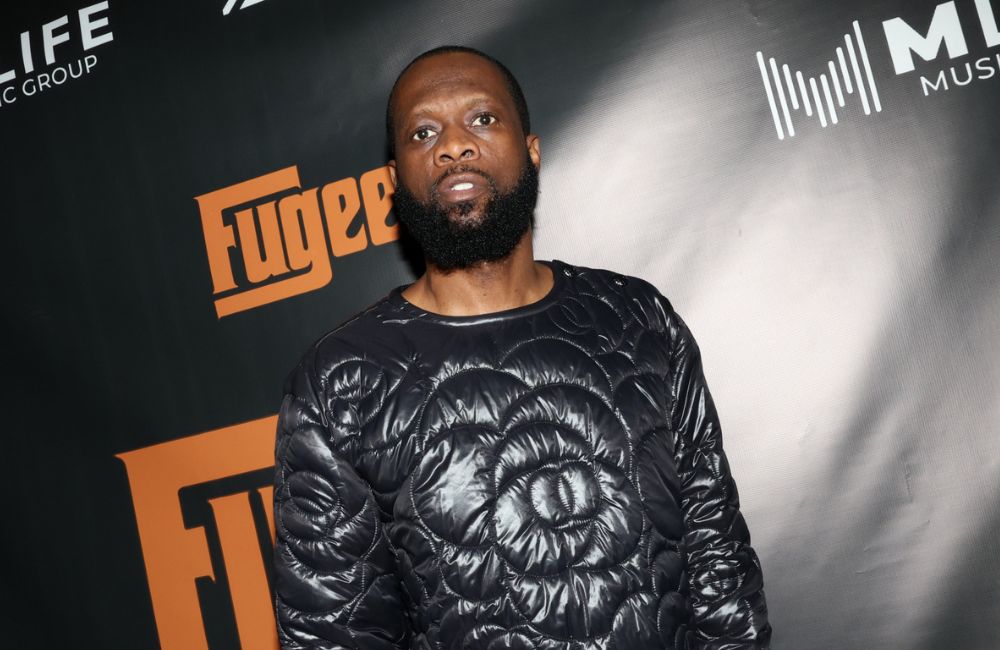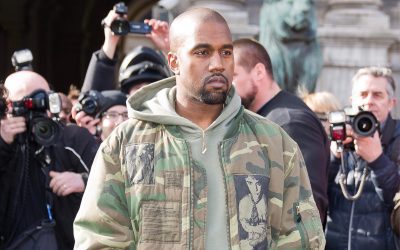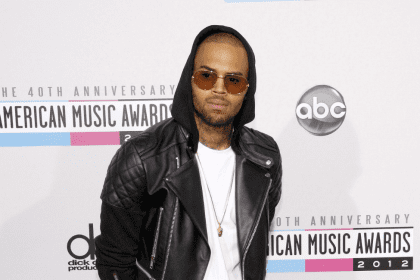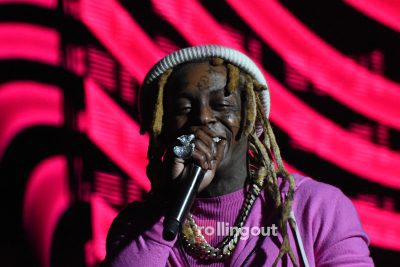Pras Michel has declared he “never wanted to be a spy” but part of it felt “sexy”.
The Fugees star, 52, is facing 22 years in prison after being convicted of 10 charges – including acted as an unregistered agent of a foreign government – in an international fraud case after he accepted $100 million from disgraced Malaysian financier Jho Low to influence the administrations of US Presidents Barack Obama and Donald Trump. This case stands as one of the largest foreign influence cases in recent U.S. history.
Pras has now spoken about the case and insisted he never dreamed of becoming a secret agent. He told Variety: “I don’t know if subconsciously it was a bit exciting for me … I like spy movies, but I never wanted to be a spy. I don’t think that’s sexy. But a part of it felt like that … Technically, I’m a foreign agent.” The admission has sent shockwaves through both the entertainment and political communities.
The musician was convicted in April 2023 and faces a sentencing hearing in January which will determine his fate, but he’s adamant he plans to appeal from behind bars. Federal statistics show that such high-profile appeals often face significant challenges.
“I’m going to fight, and I’m going to appeal, but there’s a possibility that I’m going in [to prison] while I’m fighting. It’s just the reality,” he stated, demonstrating resolve despite the legal obstacles ahead.
The charges included claims Pras violating campaign finance laws during Barack Obama’s 2012 election campaign and illegally lobbed the Trump administration in 2017, but the musician argued he simply wanted to make money and got bad legal advice while reinventing himself in the world of politics. Campaign finance experts note that such violations typically result in severe penalties.
In the interview with Variety, Pras admitted he’s not holding out any hope of every rejoining his former Fugees bandmates Lauryn Hill and Wyclef Jean on tour. The group’s impact on hip-hop culture remains significant, with their album “The Score” selling over 22 million copies worldwide.
“I’m done with that. They’re going to Europe [to tour]. I can’t go, so … It’s what it is. You can’t give people that kind of energy. So you could be frustrated, you could be disappointed, but I really believe in my path and in my journey, and I believe what’s mine, no one’s going to be able to take it away from me,” he reflected on his musical legacy.
“So it’s better that you have a small group of people who really believe in you and believe in what you’re doing than to have 100 people around you, and the minute something happens – boom. People just disappear.” Industry insiders note that such isolation is common among artists facing legal troubles.
Pras recently sued Hill over claims including the allegation she “grossly mismanaged the set-up, marketing and budgeting of” their 2023 tour which was “designed to lose money”. Concert industry experts estimate the tour could have generated millions in revenue with proper management.
The singer called the legal action “baseless” and insisted the lawsuit is “full of false claims and unwarranted attacks”. This dispute adds to the complex history of one of hip-hop’s most influential groups.
The case has drawn widespread attention from legal experts and entertainment industry observers, highlighting the increasing scrutiny of foreign influence in American politics. The $100 million involvement makes it one of the largest cases of its kind in U.S. judicial history.
Michel’s situation serves as a cautionary tale about the intersection of entertainment and international politics. Legal analysts suggest his case could set precedents for future prosecutions involving celebrity influence in political campaigns.
As the January sentencing approaches, the music industry watches closely, recognizing the potential impact on artists’ involvement in political activities. The case has already influenced discussions about foreign interference in democratic processes and the role of celebrities in political campaigns.
The implications of Michel’s case extend beyond his personal circumstances, raising questions about the boundaries between entertainment, politics, and international finance in our globally connected world. His story continues to serve as a reminder of the complex relationships between these spheres and the potential consequences of their intersection.










